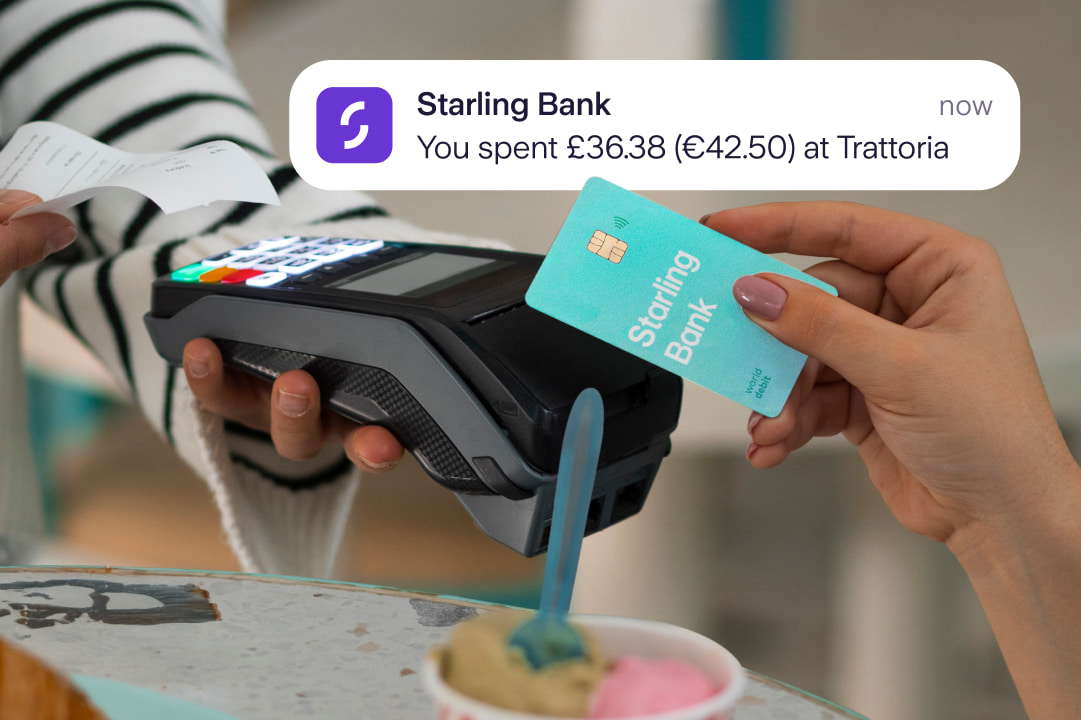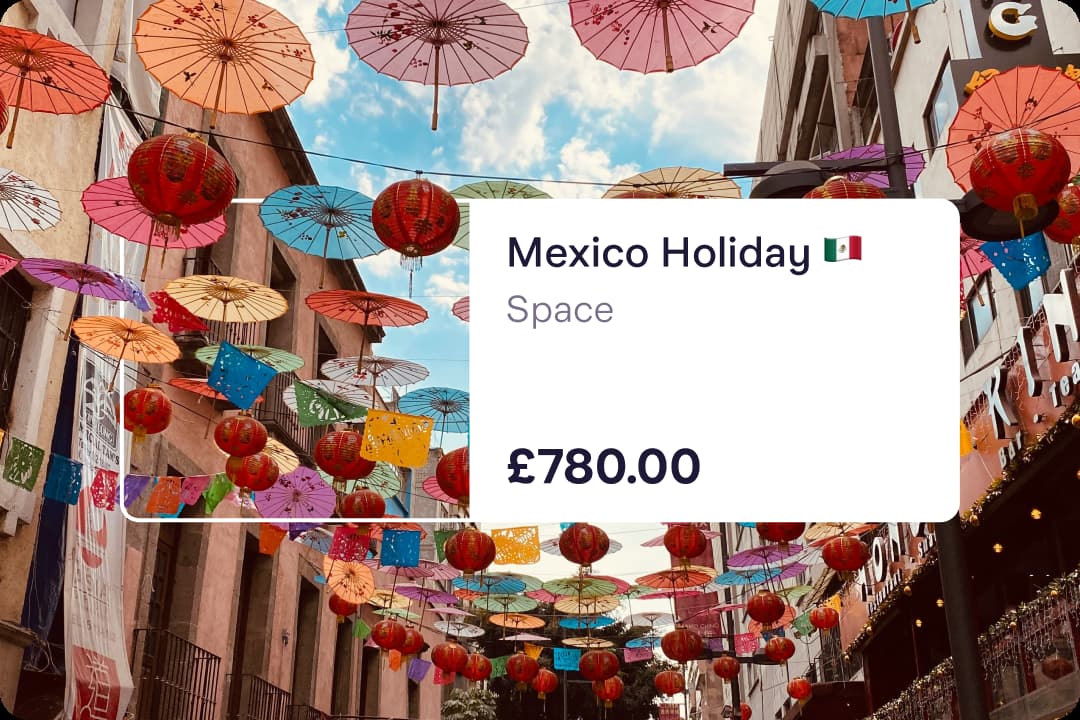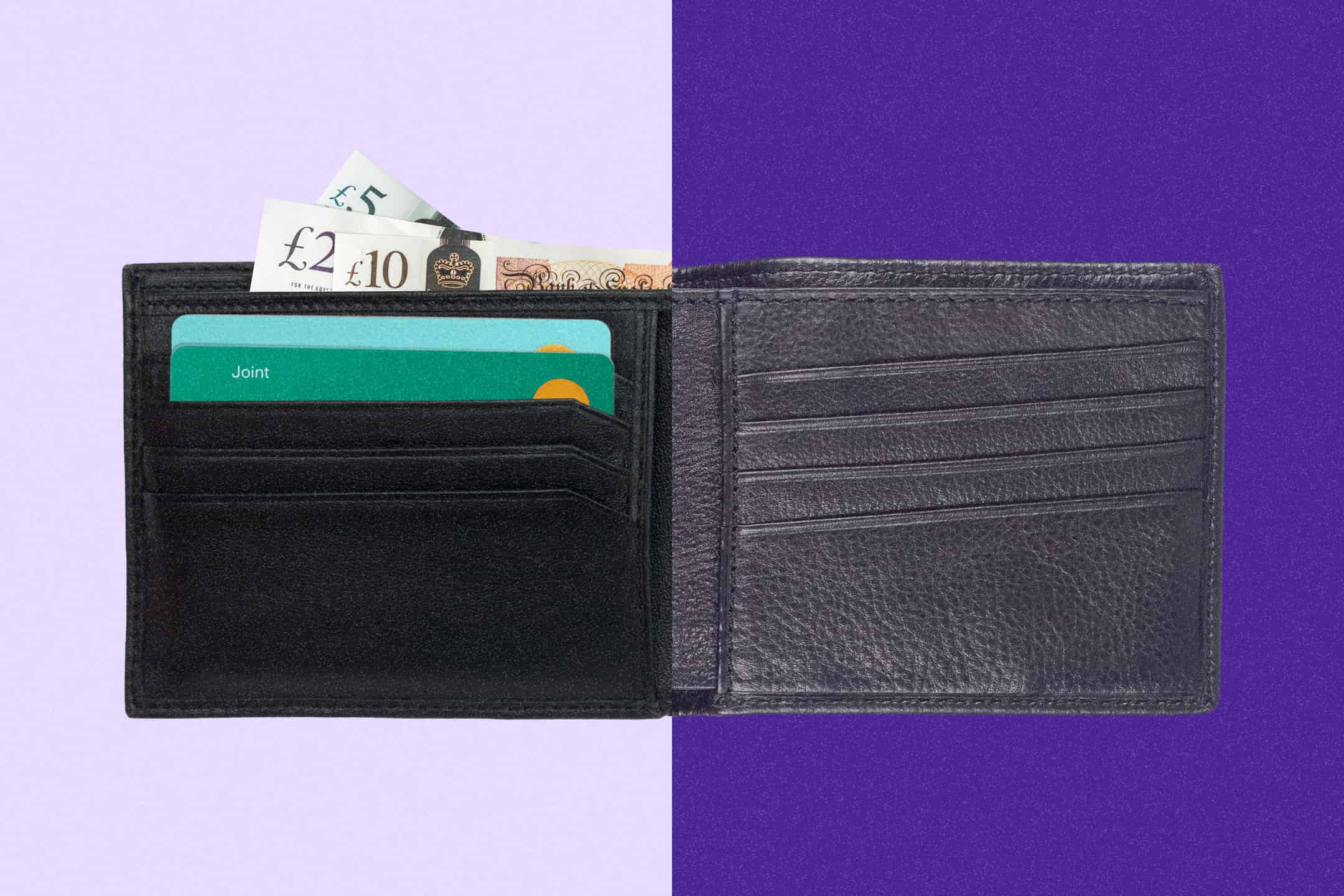
Money truths
Tipping etiquette in the UK and abroad
By Justin Quirk
How Much Does It Cost?

My dad died of cancer in 2020. I was with him when he passed, holding his hand as he took his final breath. I’m grateful for this moment, but for months afterwards I couldn’t shake the flashbacks. Soon, these feelings solidified into fear – of losing someone else, of having no control over what could happen. These are common experiences of grief, but as someone with a history of anxiety I knew I needed additional support.
The hospice where my dad died provided bereavement support for families, so I started with four sessions of free talking therapy with their counsellor. The first session was a revelation – it was an incredible relief to know I could talk and talk without feeling like a burden, with no fear of judgement.
After just an hour of sharing fears, probing anxieties, and unravelling some complex feelings of guilt, I already felt lighter. I was shocked by how easily I was able to voice my emotions, something I had always struggled with in front of family and friends.
I decided I needed therapy to become part of my recovery, so, after the free counselling ended I looked into paying for sessions myself.
The range of prices varied quite a bit. Some cost as little as £35 for an hour, while other therapists charged closer to £100, which was a bit of a shock. Treatment on the NHS is free but one in 10 people wait over a year for talking therapy. The same research also found 58% of people said they weren’t offered a choice in the type of therapy they received.
I knew I didn’t want to wait, but I also knew that I couldn’t afford the higher end of the range. And that my choice of therapist would ultimately come down to who I clicked with.
| Cost per session | £45 |
| Monthly cost | £180 |
| Total (32 sessions) | £1,440 |
|---|
| Cost per session | £55 |
| Monthly cost (two sessions) | £110 |
| Total to date (60 sessions) | £3,300 |
|---|

As a Black mixed-race woman I was acutely aware of the importance of culturally sensitive therapy. I wanted to find a therapist of colour, someone who could implicitly understand my lived experience. But it’s not an easy task. According to a 2020 survey by the Health and Care Professions Council, 90% of registered practitioner psychologists in the UK are white; just 1.7% are Black. I eventually found a therapist – a Black woman – with the help of Black Minds Matter, a charity dedicated to helping people find Black therapists.
I chose her (after having initial consultations with two other therapists) because of the way she seemed to relate to my perspective on life. She also had specific experience dealing with grief.
I started therapy via Zoom initially. It was the tail-end of Covid so it was easier and safer to go remote. Online sessions cost £45 for 50-minutes, and I attended once a week for around a year. It was a lot of money – I had never spent so much on myself before – but I felt I could justify it because it was still lockdown so I wasn’t going out or going on holiday.
I immediately noticed a difference between the quality of the therapy I was paying for compared to the free support. It felt much more in-depth and my therapist offered more solutions and input, rather than just listening to me talk. Over time, the flashbacks became less frequent and I began to feel I had tools to help me cope when the waves of grief hit.
The hardest part was (and still is) the exhaustion. I feel hollowed out and emotionally drained after every session, and I still struggle to do anything more than sit on the sofa and watch my comfort TV shows. I call it my ‘therapy hangover’.
As the world slowly started to return to normal, I found my grief had transformed into something less urgent, less raw. The focus of our sessions shifted towards more generalised anxiety, as well as delving deeper into my self-worth and feelings of belonging. And I knew I still had a need for therapy.
When I went back to work in the office a few days per week, I started in-person fortnightly sessions with the same therapist, which I scheduled to coincide with office days to minimise travel costs. It was still a big monthly expense (especially as the cost per session was now £55), but it felt – and still feels – manageable.
One of the differences I noticed between remote and in-person therapy was that I started to develop little rituals for before or after each session. After my first session, I passed a Five Guys on my way home and bought a peanut butter milkshake as a treat (£6.35) – it became a habit. I would also get a Monmouth coffee from Covent Garden on the way to therapy, and sometimes I would go to Zara, & Other Stories, or Mango for a hit of retail therapy on days when I felt particularly emotional. In the past I’ve always struggled to treat myself – therapy has helped me to let go of some of these anxieties.
I also decided to join a gym with a pool (£65 per month) because my therapist and I had discussed my need for more mindful exercise. I realised swimming was the activity that cleared my mind most efficiently, giving me space to feel mentally calm while also moving my body.
| Travel | £17 |
| Pre-session coffees | £7.20 |
| Post-session milkshakes | £12.70 |
| Gym membership | £65 |
| High street shopping | £60 |
| Total | £271.90 |
|---|

Just over three months ago, I became a mother for the first time to the most beautiful baby boy. I now have less time for myself, but therapy has never felt more important. So I’ve gone back to doing therapy online while I have to be close to my baby, with a view to returning to in-person sessions in a few months.
Luckily, my therapist is flexible with switching between in-person and online therapy sessions, and so far, I’ve been able to do almost every session (I’m charged 50% of the cost of the session if I don’t cancel 48-hours in advance, so I try to give as much notice as possible).
As a new parent, my outgoings have increased and I’m feeling the pinch of maternity leave pay, but I will always find a way to ring-fence the cost of my therapy and my gym membership in my monthly budget (although it might be time to give up the retail therapy). Investing both time and money in my physical and mental health is non-negotiable. Taking time to focus on myself and work towards being a calmer, happier, more resilient person makes me feel like a better mum, and helps to protect against postpartum depression and anxiety.
At times I have questioned whether I can really justify the cost of therapy. But in those moments I think back to who I was in 2020 – wracked with grief, terrified of the future, some days unable to get out of bed. Therapy got me through a crisis, but more than that, it has given me a deeper understanding of who I am and what I need to thrive. You can’t put a price on that.
If you’ve recently started therapy, you can keep track of what you’re spending by re-categorising costs under ‘Personal Care’, ‘Wellbeing’ or ‘Medical’.
Explore our current account
Money truths
By Justin Quirk

How Much Does It Cost?
By Hannah Summers

Group holidays
By Kat Storr

Salaries
By Charlotte Lorimer